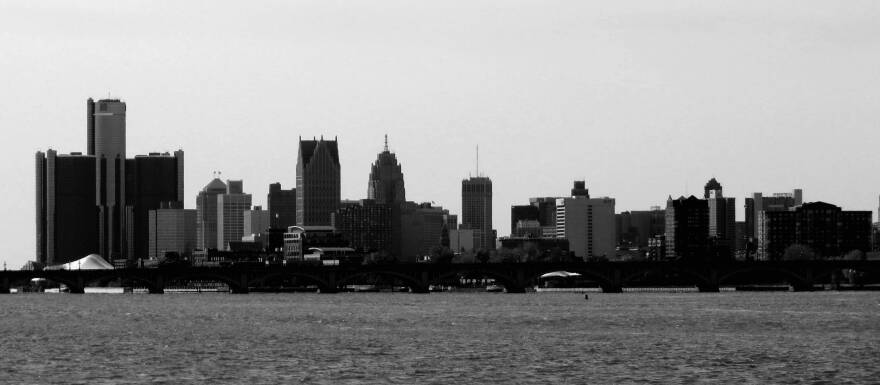Detroit’s unemployment rate has fallen sharply since a recent peak in June 2020, but still remains around 20% — more than twice as high as the official estimate from the federal Bureau of Labor Statistics — according to a new University of Michigan survey.
The latest Detroit Metro Area Communities Study reached that number through its regular survey of around 1,900 Detroiters. Detroit’s official government unemployment rate is just over 9%.
There are also significant racial disparities in who is unemployed, and those appear to be widening over time. Among Black and Latino Detroiters, 23% report being unemployed, compared to only 6% of white Detroit residents. The lowest-income households and people without college degrees were also significantly more likely to be unemployed.
The survey also suggests that around 16% Detroiters in the labor force, or more than 38,000 people, left a job in the last year, “as part of the trend of labor market churn during the COVID-19 pandemic known as ‘the Great Resignation.’” Most who did so said their main reason was the opportunity for a better job. Some also cited the pandemic as a reason, including factors such as unsafe working conditions, unvaccinated colleagues and uncertain work schedules.
"The pandemic has caused large shifts in Detroit's labor market, from the types of jobs people are pursuing to who is willing and able to work right now," said U of M professor Elisabeth Gerber, one of the lead researchers involved in the study.
The survey "shows the uneven nature of the economic recovery, and Detroiters' experiences suggest there is a need for both job training programs that prepare Detroiters for high-demand employment sectors as well as significant investment into the safety and quality of all employment opportunities," Gerber said.





